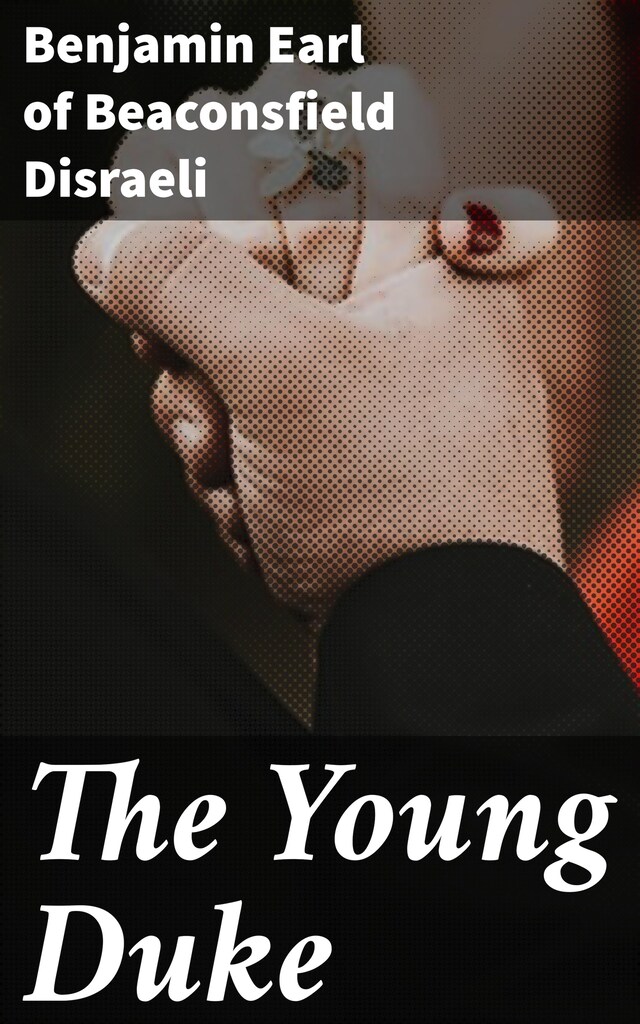The Young Duke
Ambition and Love in 19th Century England: A Tale of a Young Duke's Journey
Om bogen
In "The Young Duke," Benjamin Disraeli, the Earl of Beaconsfield, weaves a rich tapestry of aristocratic life in 19th-century England, exploring themes of identity, moral responsibility, and societal expectations. The novel is characterized by its vivid imagery, sharp dialogue, and keen social observations, reflecting Disraeli's own experiences as both a politician and novelist. The story follows the titular young duke, navigating the treacherous waters of love and ambition amidst the intricate hierarchies of the British aristocracy, providing a compelling examination of the duality of privilege and the loneliness it often entails. Benjamin Disraeli, a prominent figure in British politics and literature, was influenced by his diverse heritage and his standing as a novelist prior to his political career. His unique perspectives on class and governance fueled his literary ambitions, culminating in this narrative that criticizes the very aristocracy he belonged to. Disraeli'Äôs notable experiences, including his tumultuous relationship with the British elite and his eventual rise to Prime Minister, are mirrored throughout the novel, offering readers an insider's view of the complexities of his world. "The Young Duke" is a captivating read for anyone interested in the interplay of power and privilege, as well as the psychological struggles of its characters. Disraeli's deft storytelling invites readers to engage deeply with the themes presented, making it a valuable addition to the canon of Victorian literature and a must-read for those fascinated by the intricate dance of society and personal ambition.
 Benjamin Disraeli
Benjamin Disraeli 379 Sider
379 SiderBogen The Young Duke og over 1 million andre bøger
fra 99 kr./måned
Fyld dit liv med historier!
